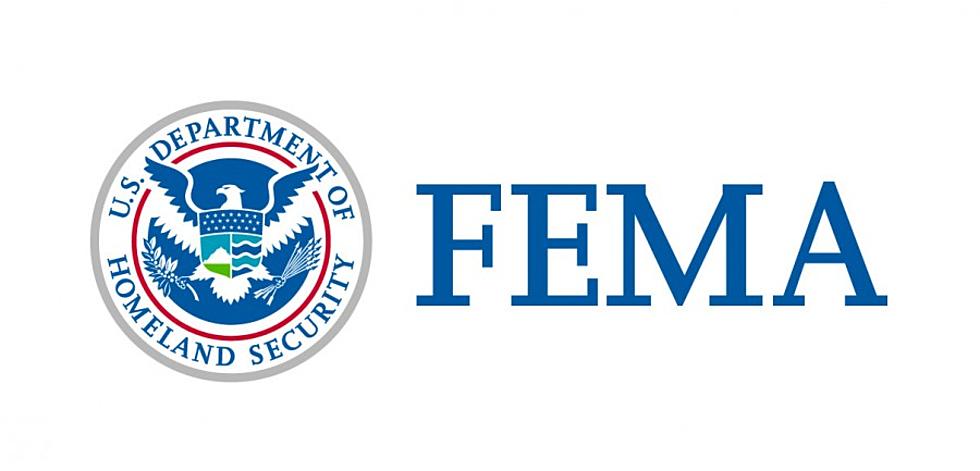
Killsback’s Cheyenne History Wins Second National Book Prize
BOZEMAN – Leo Killsback, associate professor in Montana State University’s Department of Native American Studies in the College of Letters and Science, has won the Western History Association’s 2021 Donald Fixico Book Award for his two-volume history of the Cheyenne Nation.
The Fixico Book Award, announced at the 61st Western History Association Conference in Portland, Oregon, recognizes innovative work in the field of American Indian and Canadian First Nations’ history.
This is the second major award this year for Killsback and his two books: “A Sacred People: Indigenous Governance, Traditional Leadership and the Warriors of the Cheyenne Nation” and “A Sovereign People: Indigenous Nationhood, Traditional Law and the Covenants of the Cheyenne Nation.” The books were published by Texas Tech University Press in 2020. Earlier this year Killsback received the 2021 Stubbendieck Great Plains Distinguished Book Prize.
“Cheyenne scholar Leo Killsback provides a remarkable history of the Cheyenne world,” said Fixico Prize selection committee in the award announcement. “He does so with skill, conviction, and a determination to highlight Cheyenne voices and ways of knowing and being in his work. His use of a Cheyenne frame of understanding to tell the story is deeply rooted in who he is as a Cheyenne person and scholar of American Indian Studies.”
Killsback, who is a member of the Northern Cheyenne Nation, worked for more than a decade researching the history of his tribe. The books’ origins were in Killsback’s doctoral dissertation, which he then expanded with extensive research. He combed archives at the Smithsonian Institution in Washington, D.C., and the National Anthropological Archives in Maryland. He also interviewed and collaborated with more than 80 elders, teachers and spiritual leaders, resulting in the two award-winning volumes.
“It is certainly gratifying to have my research and writing and contributions to the academy honored in this way,” said Killsback, who researches federal Indian law and policy, tribal law, treaty rights, Indigenous rights and sovereignty. He emphasizes traditional concepts of leadership, law, sovereignty and nation building, he said.
Killsback is completing two more books on Cheyenne history, oral traditions and language. The first will be published next year with the University of Nebraska Press and is titled, “The Man Who Cuts the Moon and Other Stories of the Cheyenne People.”
“Part of being a professor at a research institution is the mission to research and publish,” he said. “Thankfully, it is something that I enjoy.”
Killsback’s path as an award-winning historian seemed set while an undergraduate at MSU. Prior to his graduation in 2003 with a bachelor’s degree in history he won a Rockefeller Brothers Fellowship for Minorities Entering the Teaching Profession. A paper he submitted to Brett Walker, MSU Regents Professor of history, on cultural perceptions of non-Indians as well as Indians toward animals was presented to a Future Indigenous Voices Conference. He earned graduate degrees from the University of Arizona in 2010. Then was an assistant professor and associate professor at Arizona State University until 2020. He returned to MSU to teach last year with his wife, Cheryl Bennett, who is also a professor of Native American studies at MSU. Killsback said he is glad to be in Montana near the Northern Cheyenne community as he continues to be involved in the preservation and resurgence of Cheyenne language and culture.
Killsback said he was humbled and honored to learn his work had won a second award in just a few months.
“I’m happy to represent MSU and Montana in this fashion,” Killsback said.
Fixico, who is of Shawnee, Sac and Fox, Muscogee Creek and Seminole heritage, is Regents and Distinguished Foundation Professor of History at Arizona State University. He is a policy historian and ethnohistorian whose work focuses on American Indians, oral history and the U.S. West. Past recipients of the Fixico Book Award include Philip J. Deloria, Lisa Brooks and Rosalyn R. LaPier. To learn more about the Western History Association and the Fixico Prize, go to westernhistory.org/fixicoaward.
More From K96 FM





![How Dustin Lynch Chose MacKenzie Porter for ‘Thinking ‘Bout You’ — Taste of Country Nights, On Demand [Listen]](http://townsquare.media/site/204/files/2021/12/attachment-dustin-mackenzie-porter.jpg?w=980&q=75)



